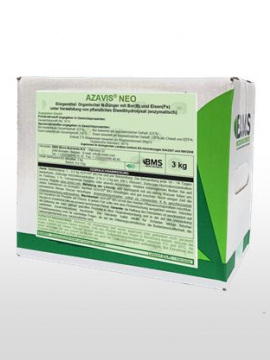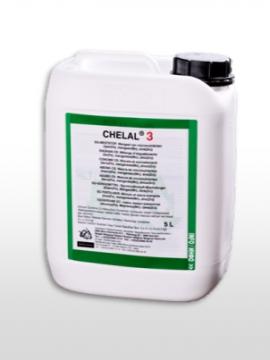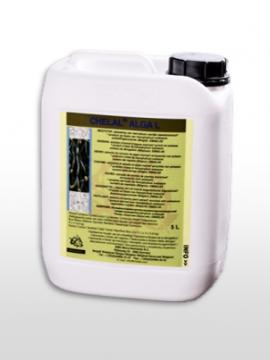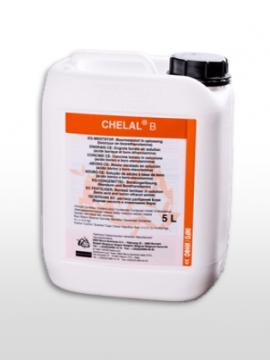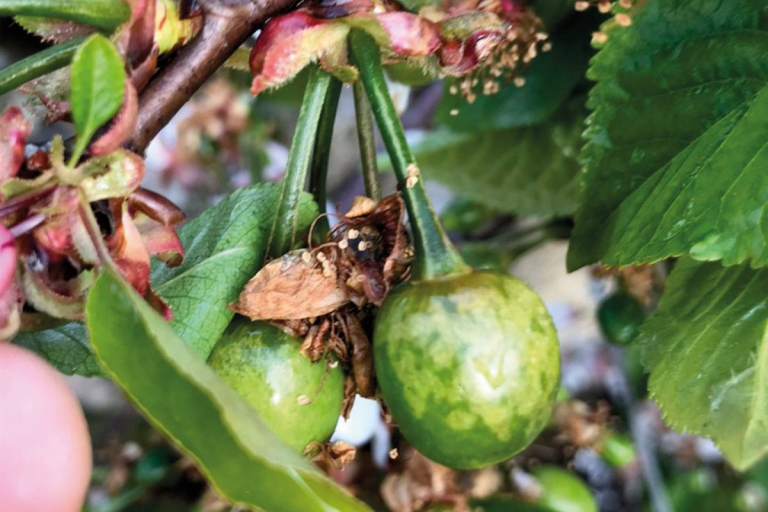You are here
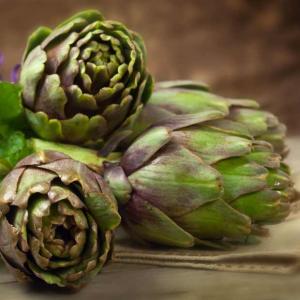
Artichoke
Moderate to high sensitivity to the deficiency of: --
Low to moderately sensitivity to the deficiency of: B, Cu, Mn
(the sensitivity to the deficiencies of these nutrients can vary in function of the variety)
This crop has a very fast vegetative growth and therefore has high needs of nutrients during its cycle.
Macro-elements
The absorption of the macro-elements can have very strong peeks. Applications of our foliar fertilizers, Kappa V and Kappa G, can be useful to complement the absorption by the roots during these critical moments in the growth cycle, in order to avoid any interruption in the growth.
Trace-elements
For nutrition of the trace-elements special attention has to be given to the boron. This element has an important role in the formation of shoots/buds and assures that flowers are homogeneous and well formed.
On fields with high risks of Boron deficiency we recommend 2 treatments with Chelal B, already from the beginning of the rosette formation, which will assure also a good development of the root system.
If the deficiencies of Boron are not so pronounced, it is advisable to follow our program with Fructol NF. Trials have demonstrated that 3 foliar applications of this product increase as well the amount of marketable heads as the size of them.
